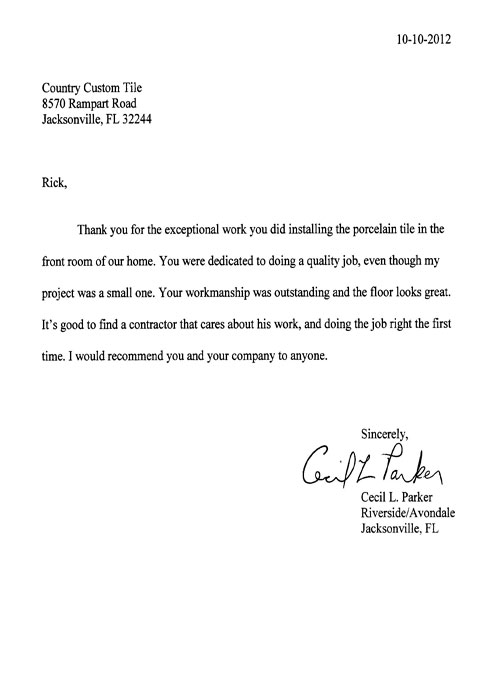5 Facts!
There are some facts that all college counselors want you to know. They apply whether you’re just beginning your search or ready to invest in your mentorship now.
We get it: in the face of an unpredictable future, everything feels like it feeds into a general hysteria around college admissions. Having helped thousands of students in workshops and one-on-one, here are the top 5 facts you have to know. Get these straight, and you’re already on the right track, whether or not you pursue personal counseling.
Fact 1: Grades tend to matter, a lot.
Some students come to us with a 1400 SAT score out of 2400 and a 3.0 unweighted GPA and only want to apply to Ivy League colleges. However, while this has happened, it is not the norm. It’s just not realistic.
So if you are aiming for top tier colleges, even if you have a 2200 SAT and 4.0 unweighted GPA, college counselors want you to know to make sure you spread our your choices. Usually you have a 5%-10% chance, so why not apply to more? Our students apply to 15 colleges on average.
Second, be realistic with your safety, target, and reach schools. For target schools, we recommend you be at least 100 points above the SAT mean and 0.1 unweighted GPA higher than the average GPA of the admitted class. This gives us some cushion and makes us conservative when forming a college list.
If you’re comfortable with your college list and grade chances, you have a higher likelihood of planning a successful future. We are here to support that.
Fact 2: Have a story, not a resume in words
Students come to us and start writing their Common Application essay. It contains five or six ideas, is three pages long, and says something to the effect:
“I like science and music and dance and art.”
While it is good to have these interests, which ones can you actually prove with school clubs, experiences, or extracurricular activities?
Usually the initial answer is none. Dig deeper and think about the common experiences you have – they will often lead you to a personal story that really does matter. You need to connect the dots.
Find a theme that is very specific or the overlap between two fields – biology and data, linguistics, or robotics are some examples. These stick in the readers mind, and implicitly show the reader that you have thought hard about what you want to do with life.
Don’t worry, 50%-70% of students change their major at least once in college. Colleges know this, and they often don’t place too much emphasis on the major selection. Demonstrate your story and how you can see the big picture.
Fact 3: Start early and have a game plan
Just starting the essay process in November is trouble. Students often approach us in the late fall, desperate for help. While we can help these students in the last minute, they don’t have the time to think about their interests or form their story.
Looking to lay a strong foundation leading up to that critical point? The students who do the best start thinking early, even as early as 9th grade. Often it is the parents who approach us, enroll their child, and the child later thanks everyone.
In other words, it’s not too late for help, whenever you begin. If you have the luxury of time, you can set and achieve much more ambitious goals. Start early. (We would love to have you!)
Fact 4: There is no bulletproof formula
College counselors want you to know that we aren’t wizards. This process with us is still going to require work. Anyone directly promising admission to a college is bogus. They either are tampering with your school selection process or not focused on helping you reach your long-term goals.
The way we have boosted chances by 100% is by really focusing on Fact 2 (above!). Helping students uncover their passions by using our experience and our database of past students is the way it works.
Students – make sure you think carefully about what activities you are doing, how they relate, and why you are doing them. Still, the process is an art. It is people reading these essays, making a final call, and ultimately deciding. If you can answer these three questions, you are in good shape.
So the best things we can do are:
- Be genuine in your essays and activities
- Hedge your bets – apply to many schools
- Think deeply about who you are and who you want to become
If you do these three things, I am sure you will end up at a great university.
Fact 5: Recommendations are important, really important.
Don’t worry too much about the major you write down. Focus on early action and early decision if possible, they actually help. Recommendations are important as well – so get to know your school counselor and two teachers.
Normally, we recommend 11th and 12th grade teachers, as many colleges request these grades. How do you get good letters? Get word from upperclassmen on who writes the best. Try very hard in that class, and be genuine with your request. Follow their instructions and guidelines as each teacher is unique -help them.

If you follow these 5 facts about the admissions process, you can increase your chances by at least 20%. We teach these basic facts to all of our students and parents, who are often aware of them but either don’t believe their truth or don’t comprehend how important they are.
Use statistics, think from the admissions officer perspective, and be genuine. With these tools, you will do well and fondly remember you admissions process days.
Have more questions? Contact us!
